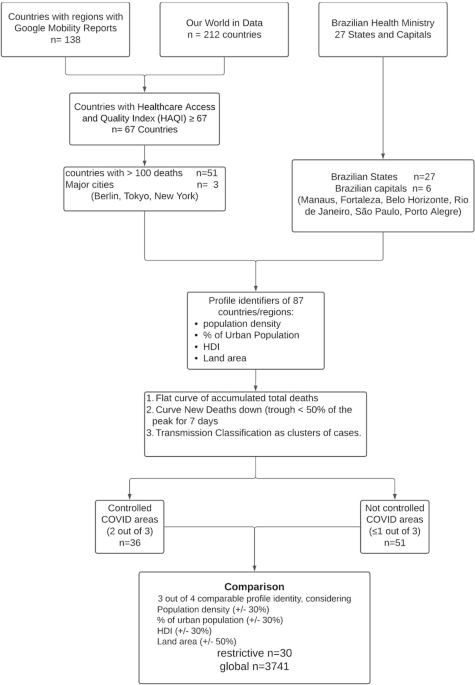
RETRACTED ARTICLE: Stay-at-home policy is a case of exception fallacy: an internet-based ecological study - Scientific Reports
A recent mathematical model has suggested that staying at home did not play a dominant role in reducing COVID-19 transmission. The second wave of cases in Europe, in regions that were considered as COVID-19 controlled, may raise some concerns. Our objective was to assess the association between...
A fairly lengthy but interesting read, obviously not a perfect study (nothing possibly can be) and it only focuses on deaths and not than cases and hospital admissions, but it does use a large sample size of similar countries and regions rather than the usual practice of cherry-picking certain countries to suit an agenda (comparing the UK to New Zealand for example lol).
In conclusion, using this methodology and current data, in ~ 98% of the comparisons using 87 different regions of the world we found no evidence that the number of deaths/million is reduced by staying at home.
